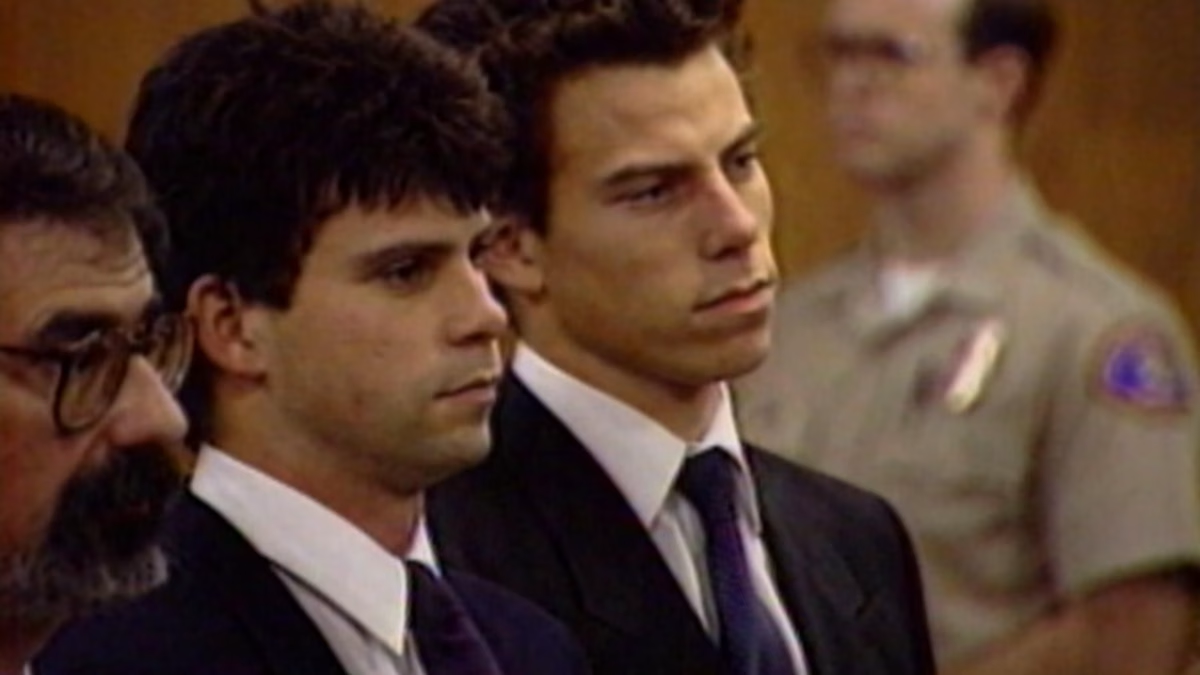Since their conviction in 1989 for the heinous murders of their parents, José and Mary Louise Menéndez, Lyle and Erik Menéndez have been at the heart of a well reported court drama. More than thirty years later, their case is receiving a lot of attention once more, mostly because of fresh evidence and increased public interest that may have an effect on their sentences.
Discussions concerning the potential for a retrial or resentencing have been triggered by recent events. New claims that the brothers suffered from serious abuse at the hands of their father, backed up by a recently found letter and other evidence, prompted Los Angeles District Attorney George Gascón to declare in 2023 that he would take the case under consideration. This information raises doubts about their motivations, portraying them as people who may have acted in self-defense against persistent assault rather than just as heartless murderers.
The introduction of a Netflix series and documentary that explore the Menéndez brothers’ narrative has further complicated the situation and rekindled public interest in topics like mental health, domestic violence, and the criminal justice system. Supporters who contend that the brothers should be given another opportunity to plead their case in court, highlighting the significance of comprehending the circumstances of their childhood and the pain they experienced, have been energized by this increased interest.
Supporters of the brothers believe that a new trial could allow for a more comprehensive examination of the evidence, particularly the claims of abuse, which were not fully explored during the original trial. They argue that the legal system has a responsibility to address the evolving understanding of trauma and its effects on behavior, especially in cases involving allegations of long-term familial abuse.
However, those who oppose a new trial or resentencing can counter that the convictions should stand because the first trial was fair. They might voice worries about the seriousness of the crimes committed and the possibility of undermining the legal system.
As the case develops, it brings up important issues regarding justice, atonement, and a system’s capacity to recognize and adjust to fresh information and viewpoints. Although it is still unclear if the Menéndez brothers will be given another trial, the continuing debates underscore the complexity of their case and the wider ramifications for justice in comparable situations.









